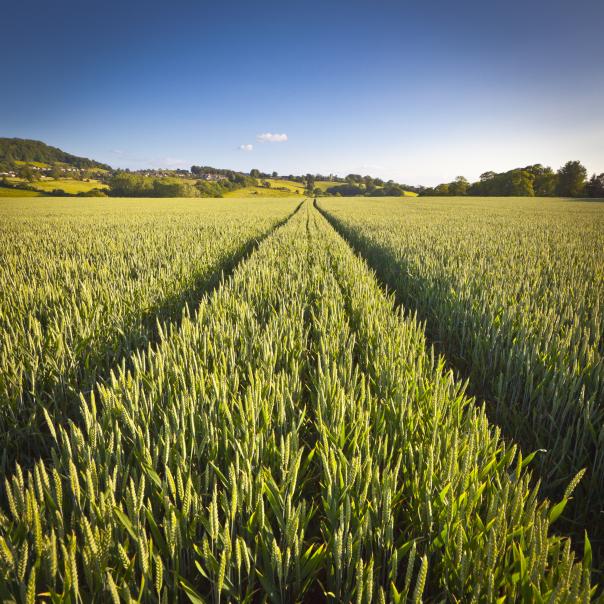
We are now over six months into the new Food Strategy process initiated by the Department for Environment, Farming and Rural Affairs (Defra) Secretary of State Steve Reed MP.
The Food Strategy has a vision of ‘a food system that grows the economy, feeds the nation, nourishes individuals, and protects the planet, now and in the future’.
Achieving all this requires some serious joined up thinking, but there is already a plethora of ideas on solutions and evidence of what works out there, coming from Sustain and its alliance members, as well as the previous work of Henry Dimbleby and his team.
Who is the Government really going to listen to, and what areas will it prioritise as it sets out a Food Strategy?
Since the process started, progress has included the establishment of the cross-departmental Ministerial Food Strategy Group. With its intended ‘joined-up approach to food across government’, Sustain has welcomed this long-overdue move forward for coherence.
Chaired by the Defra Secretary of State, it has met once and is due to meet again very soon with business, education, health and housing ministers attending.
The Food Strategy will look at the food system of the UK as a whole and Defra says it will work closely with the devolved governments.
Rachel Fisher, Deputy Director, Food Security and Strategy, has become the lead official at Defra on the process to develop the Food Strategy.
Sustain has been pleased to meet up with her in our own right, with other food policy charities, and with our partners in Sustainable Food Places.
More controversially, Defra has set up a Food Strategy Advisory Board with a makeup of mainstream retailers, foodservice companies, intensive meat producers and processed food manufacturers that has raised widespread concern.
Included in the board is the Chair of Cranswick plc, a major industrial meat producer whose operations have raised concern about environmental pollution, climate change and animal welfare.
Ministers have defended the Advisory Board, saying ‘members are senior leaders who represent important elements within the food system and the diversity of the sector, appointed for their individual experience and standing’.
Sustain has called for transparency, accountability and open working. This requires, at minimum, the publication of the terms of reference for the Advisory Board, disclosure of topics that will be discussed at its upcoming meetings, and publication of summaries of what has been discussed in the meetings. None of this has yet happened.
Recently Defra, ‘in collaboration’ with the IGD (Institute of Grocery Distribution), held four multistakeholder workshops, as the start of its ‘first phase’ of food strategy stakeholder engagement.
We learned the Food Strategy action plan has some ‘cross-cutting themes’, including ‘local and place-based initiatives’.
Sustain very much welcomes the Government exploring the role of local action and place-based initiatives as the Food Strategy is developed.
The workshop Sustain attended was food industry heavy - public health representation was notably thin on the ground, and food poverty and social justice organisations were virtually absent.
It appears some crucial public interest parts of the food system are not yet fully part of the ‘partnership’ to develop the Food Strategy that Defra rightly sees as needed for a ‘strategic approach’ that ‘considers the UK food system as a whole’.